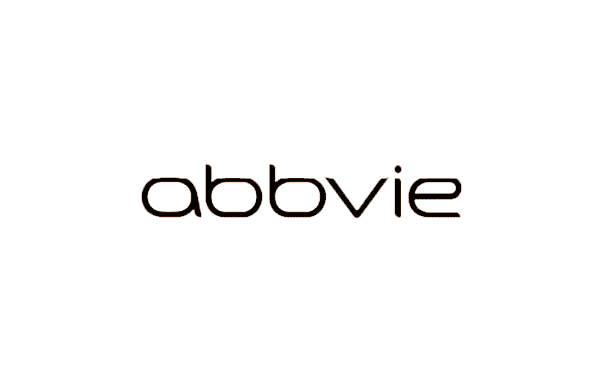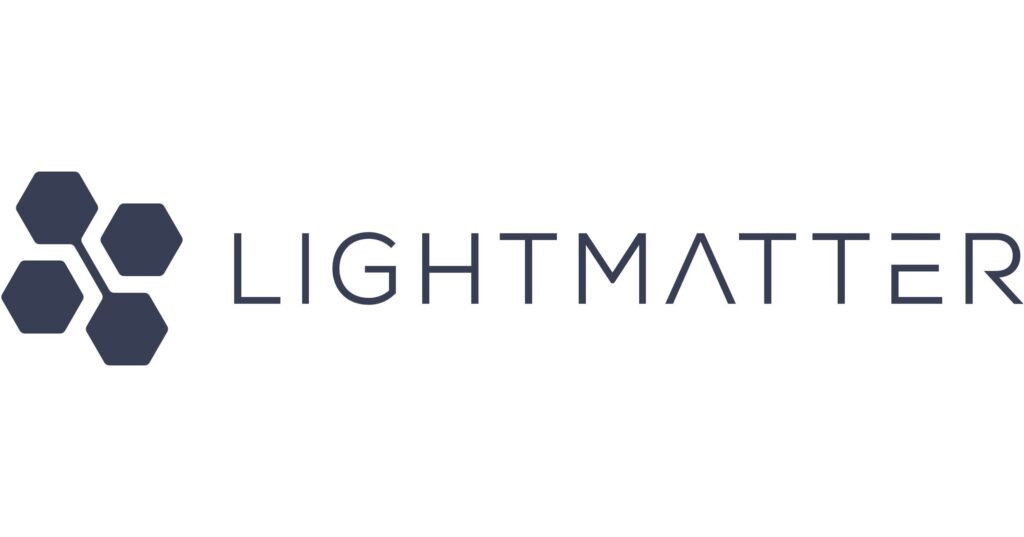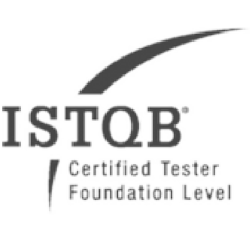In today’s fast-paced fintech landscape, where innovation means nothing if a product or system is not in regulatory compliance, ensuring that your digital platforms are both secure and compliant is no easy task. Indeed, a 2023 survey uncovered that 93% of fintech companies find it challenging to meet compliance requirements, and that more than 60% of fintechs paid upwards of $250,000 in compliance fines within the previous year.
ISTQB-certified quality assurance testing providers like Aspiritech can help fintech companies navigate these challenges with expertise, adherence to standards, and solutions-finding creativity. Our experienced team of autistic tech professionals specializes in automating compliance checks, developing compliance-focused test cases, and conducting thorough security testing to help fintech firms avoid regulatory pitfalls. When businesses have a trusted QA partner working closely with their internal staff, they can rest assured that their platforms remain compliant, secure, and user-friendly, all while maintaining peak performance.
Compliance-Focused Test Cases
QA professionals like our team at Aspiritech develop comprehensive test suites specifically designed to validate fintech compliance requirements. These test cases cover a wide range of scenarios that are critical to regulatory adherence. They include:
- Proper handling and protection of sensitive financial data: This involves testing encryption methods for data at rest and in transit, verifying secure storage practices, and ensuring that data access is properly logged and monitored.
- Adherence to know-your-customer (KYC) and anti-money laundering (AML) procedures: QA teams create test scenarios to verify that customer onboarding processes collect and verify the required information, that suspicious activity detection algorithms function correctly, and that transaction monitoring systems flag potentially problematic patterns. These protections serve to ward against terrorism financing, political graft, and even under-the-radar money laundering at small-town banks.
- Accurate transaction reporting and record-keeping: Tests in this area ensure that all financial transactions are accurately recorded, that transaction logs are tamper-proof, and that reporting mechanisms generate the required regulatory reports with precision.
- Compliance with regional financial regulations: As fintech companies often operate across borders, QA teams must develop tests that account for the nuances of different regulatory environments. This might include testing for compliance with regulations like MiFID II in Europe, the Dodd-Frank Act in the US, or region-specific data localization laws.
By thoroughly testing these compliance-critical functions, QA helps ensure that fintech products meet regulatory standards before release. This proactive approach not only reduces the risk of compliance violations but also builds trust with regulators and customers alike.
Security Testing for Compliance
Penetration Testing
In the realm of fintech, where security breaches can have catastrophic consequences, QA teams conduct regular and rigorous penetration tests to identify security vulnerabilities that could lead to compliance breaches. These tests go beyond simple vulnerability scans, by simulating real-world cyber attacks to expose weaknesses in authentication mechanisms, encryption protocols, and data protection systems.
Penetration testers, often working in conjunction with QA teams, employ a variety of techniques to probe the fintech application’s defenses. They might attempt SQL injection attacks to test database security, conduct social engineering experiments to assess staff training effectiveness, or use advanced tools to test for vulnerabilities in APIs and microservices architectures commonly used in modern fintech applications.
The insights gained from these penetration tests are invaluable. They not only help in identifying and patching security flaws but also in refining the overall security posture of the fintech product. By proactively addressing these security vulnerabilities, fintech companies can maintain compliance with data protection regulations and avoid the reputational damage and financial penalties associated with data breaches.
Data Privacy Validation
With the increasing focus on data privacy worldwide, quality assurance processes in fintech must include rigorous testing of data privacy features to ensure compliance with regulations like GDPR, CCPA (California Consumer Privacy Act), and other regional data protection laws. QA professionals working within the sector can be tasked with confirming that:
- User consent is properly obtained and recorded: This involves testing the user interface and backend systems to ensure that consent is explicitly sought, clearly explained, and accurately stored. QA teams also verify that the consent can be withdrawn easily, as required by many privacy regulations.
- Data anonymization and pseudonymization techniques are correctly implemented: These tests ensure that when personal data is used for analytics or testing purposes, it is properly anonymized or pseudonymized to protect individual privacy. This might involve checking that anonymization algorithms are effective and that it’s impossible to re-identify individuals from the anonymized data sets.
- Data retention policies are enforced: QA teams create test scenarios to verify that personal data is not kept longer than necessary and that data deletion processes work correctly across all systems and backups.
- Users can exercise their rights to access, modify, or delete their personal information: This involves comprehensive testing of user-facing interfaces and backend processes that allow individuals to view their data, request changes, or invoke their right to be forgotten.
These data privacy validations are crucial in maintaining trust with users and ensuring that fintech applications respect and protect user privacy in accordance with global regulations.
Audit Trail and Documentation
Traceability
QA practices support compliance in fintech by maintaining detailed audit trails of testing activities. This documentation provides evidence of due diligence in addressing regulatory requirements. In the event of an audit, fintech companies can demonstrate their compliance efforts through comprehensive test logs, bug reports, and remediation records.
Compliance Documentation
Quality assurance teams assist in creating and maintaining up-to-date compliance documentation. This includes:
- Test plans aligned with regulatory requirements
- Detailed test results and compliance reports
- Standard operating procedures (SOPs) for compliance-related processes
By ensuring thorough documentation, QA supports fintech companies in demonstrating their commitment to regulatory compliance.
Continuous Compliance Monitoring
Regression Testing
As fintech products evolve, QA teams perform regular regression testing to ensure that new features or updates don’t introduce compliance issues. This ongoing testing helps maintain regulatory adherence throughout the product lifecycle.
Compliance Monitoring Tools
QA professionals implement and manage compliance monitoring tools and dashboards that provide real-time alerts for potential regulatory violations. These aids help fintech companies quickly identify and address compliance risks, ensuring ongoing adherence to regulatory standards.
Automated Testing
Quality assurance teams in fintech companies use advanced automated testing frameworks to continuously verify compliance with financial regulations such as the Payment Card Industry Data Security Standard (PCI DSS), General Data Protection Regulation (GDPR), and Markets in Crypto-Assets Regulation (MiCA). These systems scan code, configurations, and data flows to detect potential violations in areas such as data handling, encryption, and access controls. By integrating automated checks into the continuous integration and continuous deployment (CI/CD) pipeline, fintech companies can swiftly identify and address compliance issues, ensuring that every code update is rigorously tested before production in the fast-paced fintech environment.
Performance and Scalability Testing
Transaction Processing
Quality assurance teams conduct performance testing to ensure that fintech applications can handle high transaction volumes while maintaining compliance with processing time regulations. This testing helps prevent issues that could lead to regulatory violations during peak usage periods.
Scalability Validation
QA processes include testing the scalability of fintech solutions to ensure they can grow without compromising compliance. This involves verifying that data protection, transaction logging, and other compliance-critical functions remain effective as user bases and transaction volumes expand.
Partnering With Aspiritech
Implementing comprehensive QA practices helps fintech companies significantly enhance their regulatory compliance efforts. Quality assurance not only helps identify and prevent compliance issues before they impact users but also provides the documentation and evidence necessary to demonstrate regulatory adherence to auditors and regulators.
By partnering with Aspiritech for your QA needs, you gain more than just compliance expertise—you also get peace of mind. Our rigorous testing processes ensure that your fintech applications meet the highest standards of security and regulatory adherence, allowing you to focus on innovation and growth. We have already partnered with financial industry leaders like Goldman Sachs and JPMorgan Chase. Let us now help you build trust with your customers and regulators while keeping your platform functional and user-friendly. Reach out today to learn how Aspiritech can support your fintech’s success!





















